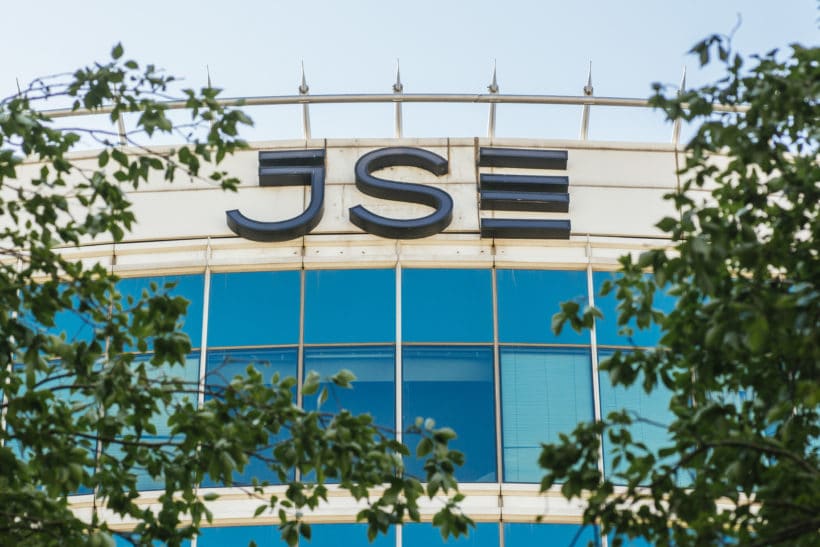S.Africa stocks suffer $3.7 billion losing streak from foreign investors

JOHANNESBURG, June 13 (Reuters) – Foreign investors have pulled $3.7 billion out of South African equities since October in the longest such streak of outflows in five years, a report showed, as the continent’s biggest equity market struggles to attract international portfolio flows.
International investor confidence in stocks listed in Africa’s most industrialized economy has been fragile for years, with equities having suffered annual outflows since 2022, calculations by the Institute of International Finance show.
But the latest streak marks a sharp acceleration, coming in at double the $1.9 billion of outflows across 2023 and 2024, the IIF said.
South Africa is at risk of missing out on moves by global fund managers reallocating into regions outside of the U.S. without growth, said analysts, even as stocks trade at discount prices.
“Investors are looking to diversify outside of the U.S., but that doesn’t automatically (make) South Africa a primary destination,” said Graham Tucker, portfolio manager at Old Mutual Investment Group.
The local market was “relatively cheap”, he added, but that reflected a decade of declining per capita income and depressed growth.
Emerging stocks as a global asset class have suffered outflows more widely since October. But that changed in May when major emerging stock markets from Brazil to Turkey and from Taiwan to South Korea attracted fresh inflows, according to IIF data.
Latin American countries are especially well-placed to benefit from the U.S. market shifts.
The Johannesburg Stock Exchange has also seen higher volumes of investments in recent weeks, but rising purchases are matched by rising sales, the bourse’s data shows.
South African equities have delivered a 29% return in dollar terms year-to-date, placing them among the top five performers globally behind only Greece, Spain, Germany and Italy, Bank of America said.
In the week to last Friday, non-residents bought more than 30 billion rand in South African stocks, the highest weekly value in years, but that also coincided with heavy selling of 24.70 billion, the JSE data shows.
So far this year, non-residents have been net sellers of $5.9 billion, a billion more compared to the same period in 2024.
“Foreign investors, if anything, behave like tourists. They will come for a trade, especially in gold stocks when the commodity runs, but they won’t stay without long-term policy certainty,” said Tucker.
Higher offshore volumes mostly reflect global uncertainties, as the country’s growth fundamentals have not improved significantly, Nedbank economist Isaac Matshego said.
Data from the country’s statistics agency showed last week that the country’s gross domestic product stagnated in the first quarter, mainly owing to six straight months of contractions in the mining and manufacturing sectors.
($1 = 17.9439 rand)
(Reporting by Colleen Goko, Sfundo Parakozov and Alessandro Parodi, editing by Karin Strohecker and Hugh Lawson)










